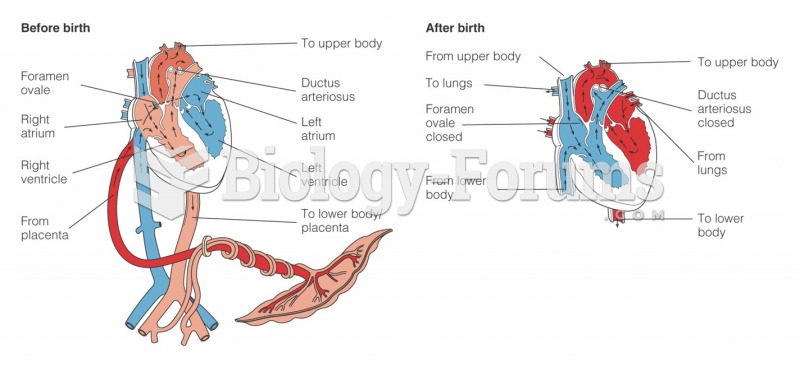Answer to Question 1
Hunger, poverty, and population growth. By 2050, 1 billion additional tons of grains will be needed to feed the world's population; food increase may not be possible beyond the earth's human carrying capacity.
Loss of food-producing land. Food-producing land is becoming saltier, eroding, and being paved over and the world's deserts are expanding.
Fossil fuel use. Fossil fuel use underlies much world economic growth, with associated pollution of air, soil, and water.
Atmosphere and global climate change. Strong evidence indicates that recent warming is largely caused by human activities, especially the release of greenhouse gases through the burning of fossil fuels. The associated heat waves, droughts, fires, storms, and floods thwart farmers and destroy crops, particularly in the poorest areas of the world. Arid deserts are projected to expand by 200 million acres in coming years in Sub-Saharan Africa alone. As ocean heat builds up, ocean food chains may fail.
Ozone loss from the outer atmosphere. The outer atmosphere's protective ozone layer is thinning, permitting more harmful radiation from the sun to penetrate. As radiation increases the earth's temperature, polar ice caps are melting, threatening the world's coastlines. Radiation may also directly damage important crops.
Fresh water shortages. Growing food requires great quantities of fresh water. The earth's fresh water supply is unevenly distributed, and too much of it is wasted, polluted, and unsustainably managed. Over a billion people lack access to fresh water today. If climate change continues on its current trajectory, almost half the world's population may be living in areas of high water stress in just 20 years from now; water scarcity could displace many millions of people from their homelands.
Increased flooding. Crop-damaging localized heavy storms are expected to become more frequent, causing flash floods that erode large swaths of topsoil from parched land.
Ocean pollution. Ocean pollution, particularly agricultural and industrial runoff, is killing fish in large dead zones that form when excessive algal growth depletes water oxygen; dead zones are expected to expand as sea temperatures rise.
Answer to Question 2
The world's poorest poor are usually women and children. Many societies around the world undervalue females, providing girls with poorer diets, less or no education, and fewer opportunities than boys. Malnourished girls become malnourished mothers who give birth to low-birthweight infantsso the cycle of hunger, malnutrition, and poverty continues.







